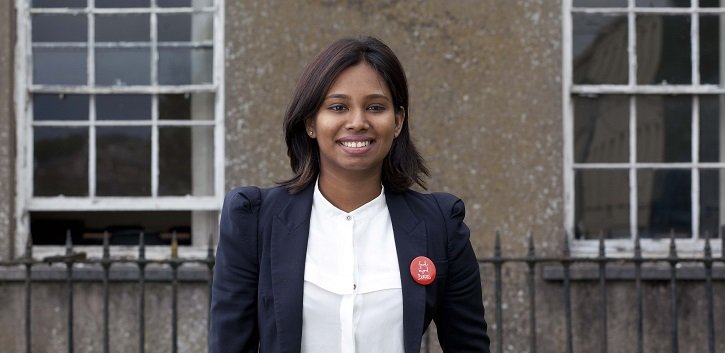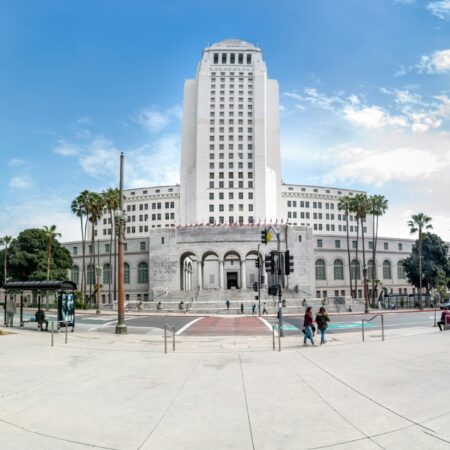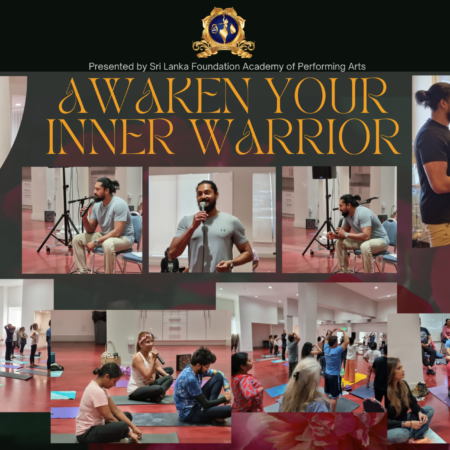24 year old Sri Lankan Irish student Sarah Jameel became an overnight sensation with her “Love letter to Beirut, Paris and Beyond.” Sarah is currently a Dental Student and Quercus Active Citizenship Scholar at University College Cork in Ireland, and recently graduated from McGill University in Canada in Biomedical Sciences and International Relations.
Dear fellow human,
I know it’s 2015 and we don’t write love letters anymore, but this one is a little different — it’s for the world. It’s not coming to you on a pigeon or via a postman, but directly to your computer or phone screen. And if you agree with Dumbledore when he said,
“Happiness can be found, even in the darkest of times, if one only remembers to turn on the light.”
Then read along.
“no one leaves home, unless home is the mouth of a shark, you only run from the border, when you see the whole city running as well. You have to understand, that no one puts their children on a boat, unless the water is safer than the land.”
But whatever the reason may be, humans like you and I are strong, we are courageous and we wait it out until enough is enough.
They (neuroscience research) say that humans are the only creatures who are able to empathize with other fellow humans because of the cognitive functions bestowed in our grey matter. We have evolved, or being made this way — which ever truth you believe in, to be able to feel the pain of another human’s struggle, to be able to rejoice in joy of another human’s triumph, and this is to me is truly what makes us human even when we are miles away from them and just watching events unfold through a TV screen or a twitter feed. Today was an excellent example of this cognitive phenomena. A massacre in Paris, a car bomb in Beirut, an earthquake in Japan, and countless other attacks where we humans have given into aggression (which is controlled by a very primitive part of the brain, and not one where higher cognitive functions such as analysis or thought processing and social responsibility take place) makes me wonder if we are turning the evolutionary clock backwards and becoming less human. But the good news is that the neuroscience is in our favour, we can be trained to be more peaceful, to be more compassionate, and to be kind. And this is what we need to prime on.
So let me tell you a story of this science in action. I was born in Sri Lanka, a country that has a written history dating back 2500 years. A country that has embraced the philosophy of Buddhism for millennia. It was known by Marco Polo centuries ago as “undoubtedly one of the finest islands of its size in the world” and by Sir Arthur C. Clarke who said that “The island of Ceylon (former name) is a small universe. It contains as many variations of culture, scenery, and climate as some countries a dozen its size.” So what could possibly go wrong on this paradise island, right? But after centuries of colonization by the Portuguese, Dutch and then the British (who undoubtedly added vibrance to the mosaic of culture and heritage we have in Sri Lanka today), also came the downside of colonialism and an era of “divide and conquer”. This political culture alongside numerous bad and questionable policy decisions on part of the existing leadership at the time and the state of civil dismal, led to a 30 year old civil war, which only ended when I turned 18.
So I was part of a generation that was born and raised during a war, and although I may not have lived on the frontline, the effects of this mass atrocity of three decades will forever be part of my childhood. Living in the cosmopolitan capital city of Colombo didn’t mean I was safe, so I know what it is like to go to school every day and not know if I would make it back home safe, or if my parents would get back in one piece from work. The common occurrence of suicide bombs (especially since those responsible invented the suicide vest itself) in urban areas made me grow up to have what I call a “bomb sound reflex”, which is why even today if I hear a loud bomb-like sound, my first instinct makes me question if it was a bomb.






















